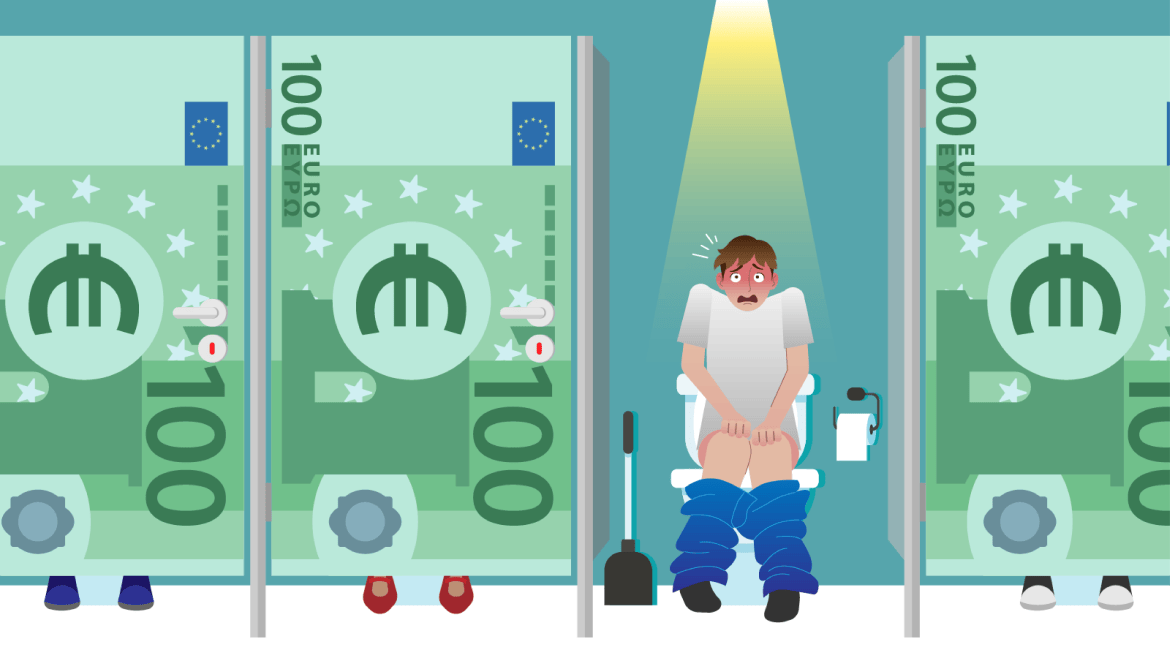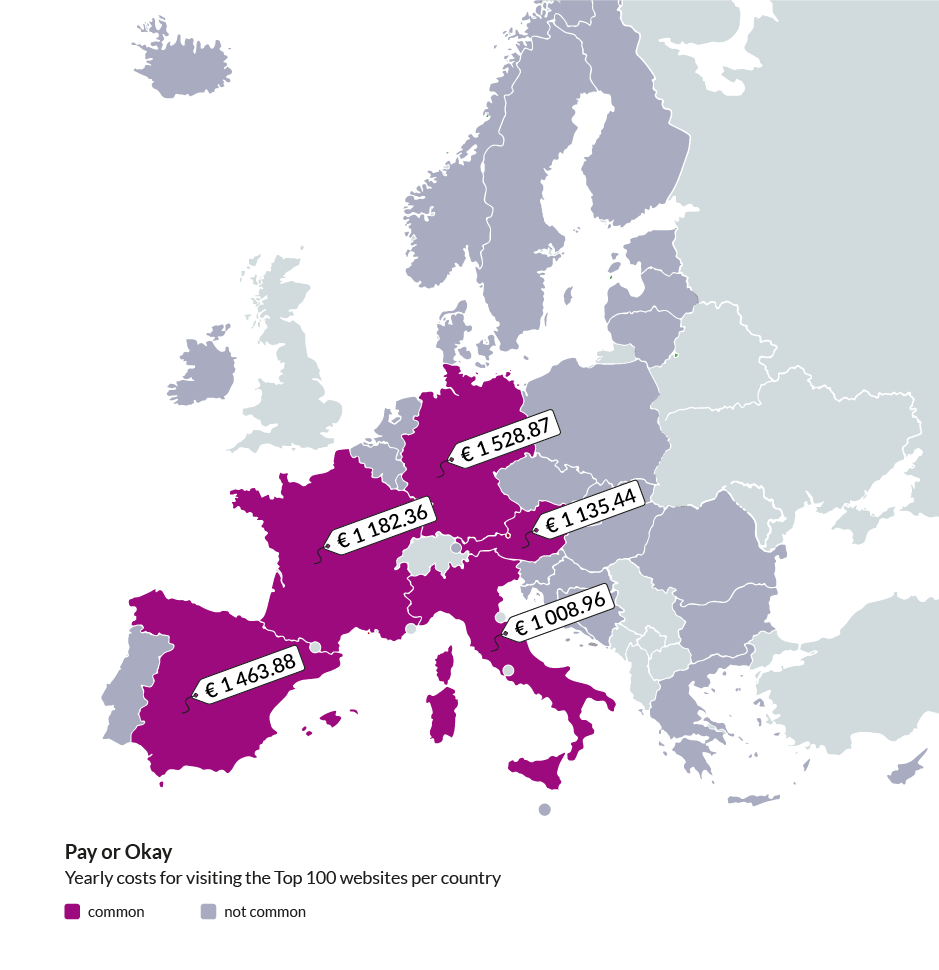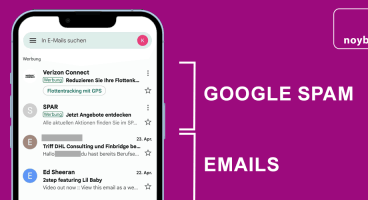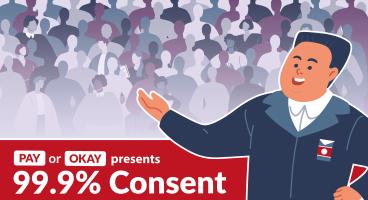The European Data Protection Board (EDPB) will soon decide about the future of free consent online. Following Meta’s introduction of a “Pay or Okay” system last year, the EDPB will issue a binding opinion. Should the approach be legitimised for Meta, companies across all industries could follow the social media giant’s lead. This could ultimately lead to the erosion of free consent online. But what’s the current situation in the member states? noyb collected data on the current implementation of the “Pay or Okay” approach in selected member states. In some of them, protecting your privacy already got extremely expensive.

Free consent is at risk. After the European Court of Justice (CJEU) declared Meta’s handling of user data illegal in July 2023, Meta switched to a “Pay or Okay” system to once again bypass the GDPR. Instead of asking its users for yes/no consent, the company charges them a fee for refusing its invasive tracking for personalised ads. This system could now spread across the whole internet, putting free consent at risk for millions of Europeans.
1,500 € to protect your privacy online? But where could this lead? While in some countries, “Pay or Okay” doesn’t seem to be a huge issue yet, others show clearly what the future could hold. Less than a year after the German authorities legitimised the practice, 30% of the top 100 websites in Germany are already using “Pay or Okay” to drive up consent rates. Using these websites without tracking for personalised ads would already cost more than 1,500 € per year. In Spain, users would face costs of about 1,460 €, while in France the price for privacy already exceeds 1,100 €.

Just the beginning. These are just a few examples that clearly illustrate the problem with “Pay or Okay”. If the EDPB legitimises the approach for Meta, more and more companies will follow the example and switch to “Pay or Okay”, rendering the fundamental right to privacy virtually useless. Even now, the price for privacy would break the budget of most people. And it will only get worse in the future, at least if the EDPB and the national DPAs don’t take a clear stance against “Pay or Okay”.
A lower price doesn't lead to compliance. Meta's recent announcement that it will lower the price for its paid subscription doesn't change this fact. The GDPR clearly states that consent must be "freely" given. Meta, on the other hand, is hiding the "refuse" button behind a paywall. Scientific studies clearly illustrate that this leaves many people without a choice: For example, the CEO of the “Pay or Okay” provider contentpass stated that 99.9 % of visitors agree to tracking when faced with a € 1.99 fee. At the same time, objective surveys suggest that only 3-10 % of users want their personal data to be used for targeted advertising. In other words: It's not about the price, but the "Pay or Okay" system as a whole.



